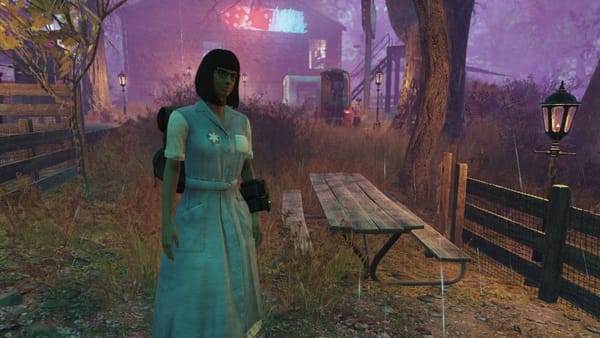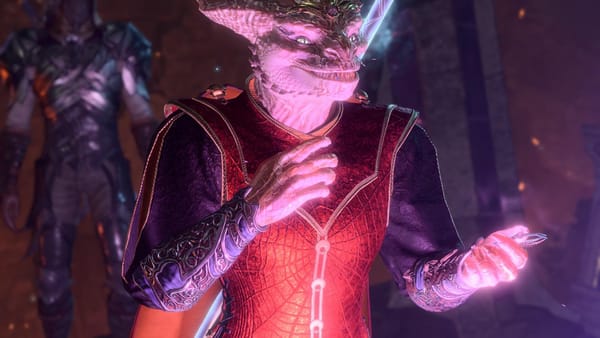Unicorn Overlord Should You Execute Or Free Gammel
In the fantastical world of "Unicorn Overlord," players are ushered into a realm brimming with magic, mystery, and moral conundrums that test the fabric of their characters. A pivotal moment that stands out in this game is the decision on whether to execute or free Gammel, a choice that resonates deeply with the game's narrative and offers insight into the complex morality system that developers have intricately woven into the fabric of this virtual universe.
Gammel, a character shrouded in intrigue, is introduced to players as someone accused of betraying the titular Unicorn Overlord, a figure revered in the game's lore. The allegations are dire; treason against the Overlord is considered the gravest offense in the land. Players find themselves thrust into the heart of this controversy, tasked with deliberating Gammel's fate. The gravity of this decision is not just a testament to the game’s commitment to an immersive narrative but also highlights a mechanic where choices genuinely influence the game’s world and its inhabitants.
Executing Gammel might seem like an immediate solution to a perceived threat against the stability of the Overlord's reign. This decision leans into a law-and-order approach, reinforcing the idea that treachery, proven or not, is met with the harshest consequences. It's a stark deterrent to would-be traitors but carries with it weighty repercussions within the game. Choosing execution can lead to a ripple effect, where loyalty among your ranks is fostered through fear rather than respect. This can impact how other characters interact with the player, potentially closing off paths that would have been available had the player chosen a more lenient route.
On the flip side, opting to free Gammel embodies a gamble on empathy and understanding. It's a testament to the belief in second chances and the recognition of the complex motives driving individuals. This decision can foster an atmosphere of trust and loyalty crafted from mutual respect rather than fear. However, it also entails risk; freeing Gammel without sufficient proof of his innocence could embolden actual traitors, jeopardizing the Overlord’s domain. Yet, this act of mercy opens up unique narrative arcs that explore redemption, loyalty, and the nuanced nature of justice.
The choice between executing or freeing Gammel underscores "Unicorn Overlord"'s dynamic morality system, where decisions reverberate beyond immediate outcomes. The game meticulously tracks these choices, weaving them into the player’s journey, affecting relationships with other characters, and even altering the political landscape of the game's world. Players are encouraged to weigh their decisions against the backdrop of their moral compasses, all while navigating the consequences that follow.
What makes this decision particularly poignant is its ability to prompt reflection on leadership, justice, and mercy within an engaging fantasy setting. "Unicorn Overlord" challenges players not only to consider what kind of leader they want to be but also to ponder the implications of their choices on a societal scale within the game. This dilemma over Gammel's fate exemplifies how videogames can be a medium for exploring complex ethical questions, making "Unicorn Overlord" more than just an adventure; it's a journey through the intricacies of morality and power.
In conclusion, whether to execute or free Gammel in "Unicorn Overlord" is more than just a binary choice; it's a narrative crossroads that significantly impacts the game's world and its characters. This decision embodies the essence of what makes "Unicorn Overlord" captivating: its ability to immerse players in a morally complex universe where every choice has weight and consequence. As players venture through this mystical realm, they must navigate these moral dilemmas with care, for in the world of "Unicorn Overlord," the line between right and wrong is as mystical and elusive as the creatures that inhabit it.



